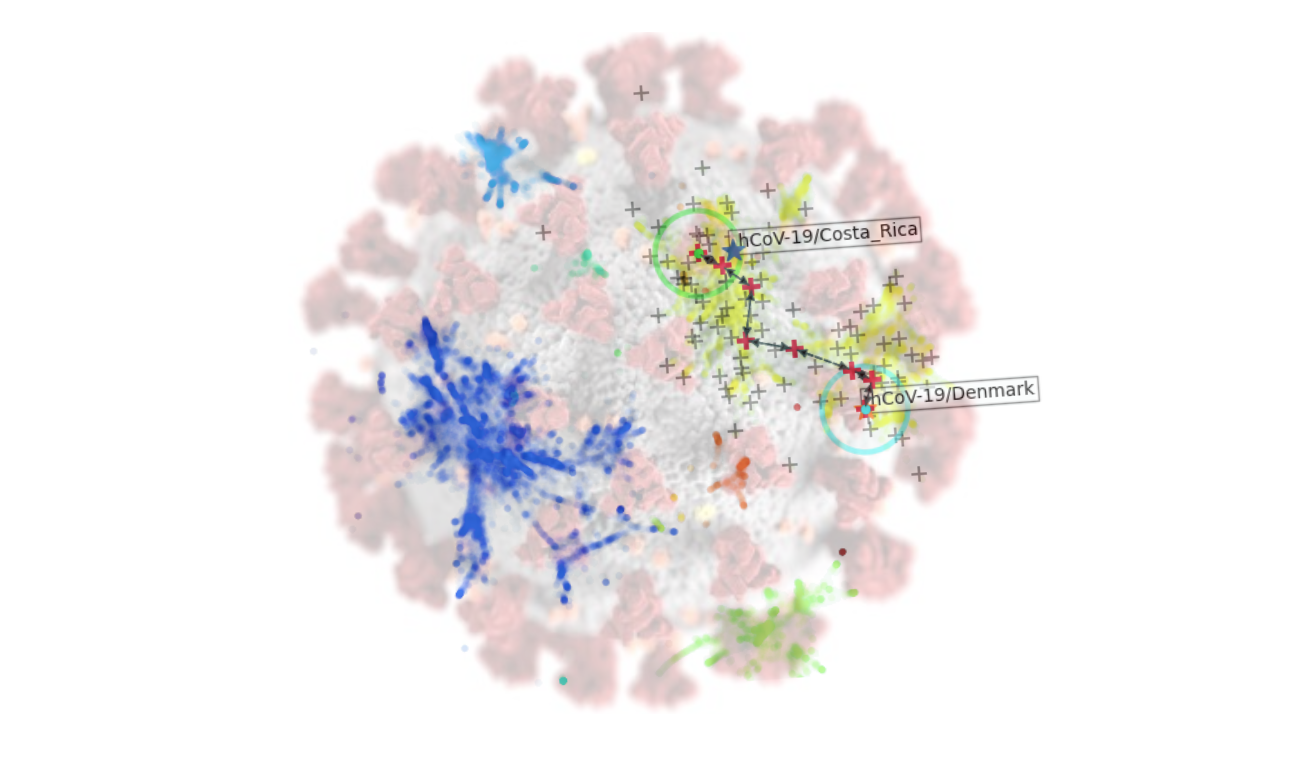In the ongoing battle against COVID-19, mathematicians and data scientists have teamed up to harness the power of artificial intelligence (AI) and develop a cutting-edge clustering algorithm, named CLASSIX, to identify and track emerging variants of the virus.
With the rapid evolution of the virus, monitoring and understanding its mutations are crucial for effective public health responses. Traditional methods of variant identification rely on time-consuming genomic sequencing and manual analysis, often resulting in delays in detecting new variants. However, the integration of AI and innovative algorithms has revolutionized this process, enabling researchers to analyze vast genomic datasets swiftly and accurately.
The CLASSIX algorithm, developed by a team of mathematicians and data scientists, utilizes machine learning techniques to cluster genomic sequences based on their similarity. By identifying patterns and similarities among sequences, CLASSIX can efficiently group together variants that share common mutations, thus providing insights into the emergence and spread of new strains.
One of the key advantages of CLASSIX is its ability to handle large and diverse datasets, a challenge that traditional clustering algorithms often struggle with. The algorithm’s scalability and efficiency enable researchers to analyze thousands of genomic sequences simultaneously, significantly speeding up the variant detection process.
To train CLASSIX, researchers fed it with a vast repository of COVID-19 genomic data, including sequences from various geographic regions and time points. Through iterative learning, the algorithm adapted and optimized its clustering capabilities, becoming increasingly adept at identifying subtle variations and novel strains.
The integration of AI and the CLASSIX algorithm into public health surveillance systems has already yielded promising results. By continuously analyzing incoming genomic data, researchers can promptly identify emerging variants and assess their potential impact on transmission, virulence, and vaccine effectiveness.
Moreover, the proactive detection of new variants allows public health authorities to implement targeted interventions, such as localized lockdowns or updated vaccination strategies, to mitigate the spread of the virus and protect vulnerable populations.
In addition to variant identification, the CLASSIX algorithm also plays a crucial role in tracking the evolution of the virus over time. By monitoring changes in the genomic landscape, researchers can gain insights into the underlying mechanisms driving viral evolution and adaptation, informing future vaccine development efforts and therapeutic strategies.
The collaboration between mathematicians, data scientists, and public health experts underscores the importance of interdisciplinary approaches in combating complex global health challenges. By leveraging AI and innovative algorithms like CLASSIX, researchers are at the forefront of the fight against COVID-19, striving to stay one step ahead of the virus and safeguarding the health and well-being of communities worldwide.






